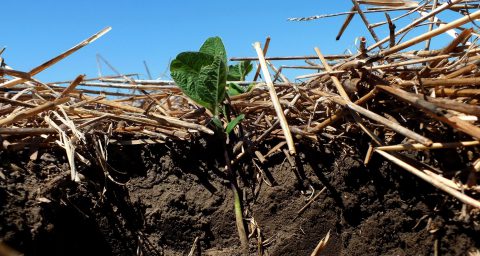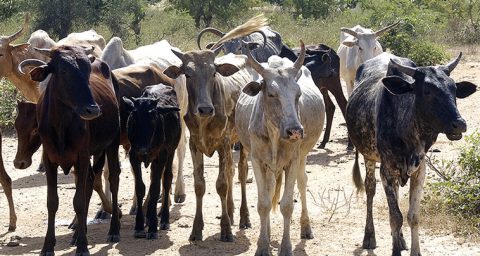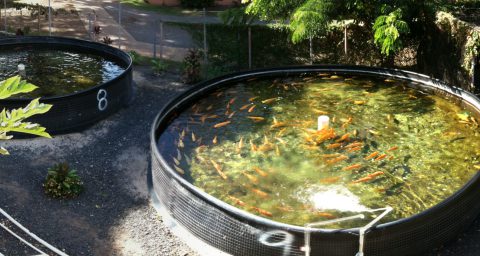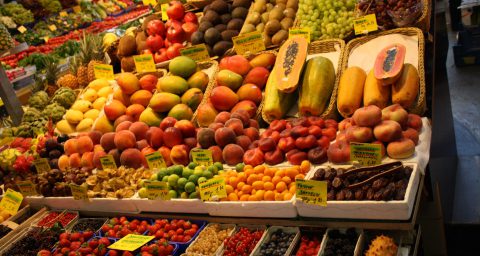GFS has delivered impact and added value in a variety of ways.
We have identified emerging challenges through our horizon scanning activities, which have ultimately set the research agenda. For example the £14.5 million research programme on ‘Resilience of the UK food system in a global context’ funded by BBSRC, ESRC, NERC, and Scottish Government, in partnership with stakeholders. GFS is a trusted intermediary with government and industry and acts as a neutral broker in bringing those stakeholders together with academia to tackle key challenges.
We have sought to make better use of existing knowledge by making it available to policymakers and business in an easily accessible format. Our flagship GFS Insight ‘practice and policy note’ series (found under publications) has covered topics including soils, severe weather, food price spikes the UK aquaculture industry and over-consumption.
GFS has a growing international presence. We led a UK-US project on resilience of the food system to extreme weather, bringing together academia, policymakers (including Defra and FCO) and industry (including food manufacturers and insurance companies) to understand the worst case scenarios for extreme weather impacting crop production, and optimal policy and business responses to minimise negative impacts. Earlier work on this topic has directly informed the IPCC report on climate change, and featured in a Nature publication.
GFS led on a project for the G20 Meeting of Agricultural Chief Scientists to map the top research priorities in sustainable agriculture across the G20 countries. This will ensure countries target global research efforts and investment more effectively. GFS has also launched a new international temperate agriculture network (TempAg), which aims to increase international collaboration and coordination across OECD countries, and synthesise knowledge to inform global policy and practice.
Case studies
Further examples can be found in the case studies below and in our impact report:
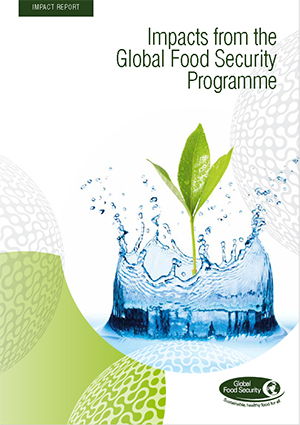
Impacts from the Global Food Security programme
The GFS programme brings together funding agencies, government and business both domestically and internationally to address the food security challenge. We deliver impact and add value through agenda setting, focusing research priorities, coordination and collaboration, and through public engagement activities, examples of which are provided in this report.
(You can view PDF documents by downloading a PDF reader. We recommend using Google Chrome or Mozilla Firefox web browsers.)



